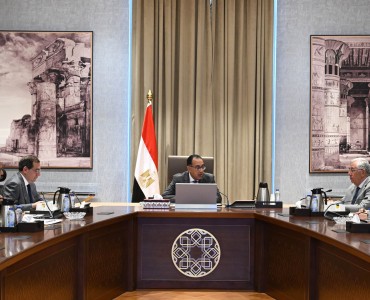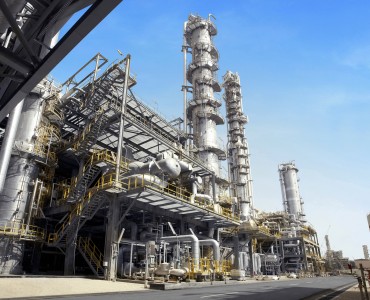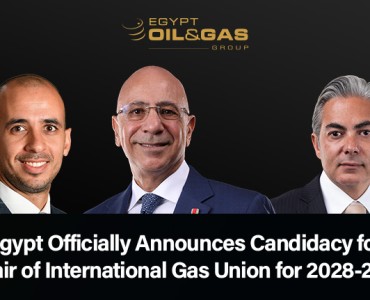Al-Borsa newspaper was able to get hold of the summary of the project for setting up an independent gas regulator in Egypt, put together by the European Union’s Technical Assistance for the Reform of Energy Sector (TARES) in cooperation with the Ministry of Petroleum and EGAS.
The project stipulates that qualified consumers be identified in accordance with the principles and standards set by the Ministry of Petroleum, which will be updated periodically. Subsequently the qualified consumers who have been licensed will obtain quantities of gas based on the price agreed upon between themselves.
EGPC and EGAs now will no longer be the only parties capable of shipping and supplying gas. Qualified customers can now do this, whether imported gas or produced locally, and have access to the national gas grid n exchange for a fee (transportation and distribution tariffs).
TARES also covers news laws governing the gas sector, which are currently being drafted, based on the experiences of European countries in the organization of the natural gas markets.
The draft law defines the participants in the gas market, which consumers are eligible and non-eligible, the rights of the concerned parties and the obligations of each of them (for example, licenses required), and contractual relationship between each other.
The new regulatory body that will implement this law is in charge of issuing these licenses and will oversee the process of importing, distributing and string gas.
In this regard the TARES joint working group surveyed the gas transmission network assets and settled on using a unified tariff to cover the investment costs of the pipelines network, compressors, operating costs, depreciation and values, along with the return on investment.
The tariff will apply equally to all customers and will be executed over a transition period application during the first years of liberalization of the gas market.
Unified codes will be set up in this regard, in line with European contractual practices, on a trial basis and subject to review. The codes cover included technical and commercial controls for the use and distribution of gas transmission networks, and also include the organization of the relationship between the network operator and users to ensure the efficient operation of these networks and facilities thereto.
The Ministry of Petroleum, however, will retain the responsibility for developing and updating standards to identify qualified consumers, in addition to determining the timetable for the liberalization of the gas market. Additionally the ministry is in charge of providing gas to the consumers who do not qualify and to assign a transport system operator.
Nonetheless, the transport operating system will be legally independent and separate from the gas producing or transporting bodies to ensure transparency, impartiality and non-discrimination between users of the gas transmission network, on completion of the deregulation process.
In the case that the operator becomes part of an organization or business group, a number of rules will be put in place to protect the independence of its daily operational decisions over using the network.
This includes other activities such as processing, petrochemical, and maintenance services, inspection, etc. These activities must be separated at the level of accounting from transportation to ensure a precise calculation of the transport tariff.












